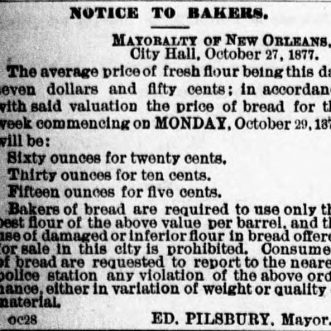March 12, 2019
In my teens, I had a Saturday job in what was then a well-known department store. I worked behind the scenes in the kitchen, preparing cold sweets for the restaurant.
Breaks were the minimum the firm could get away with, and a bell rang for the start and the end of each break, to make sure you knew when it was time to go back to work. Lunch hour was 30 minutes.
One Christmas Eve, we cleaned the kitchen five times over, because in spite of the fact that nobody was shopping (everyone else in the High St. having gone home early), we were paid our £3.80 to work till 5:30 , so that’s what we would do – even if we had to make work up to do it.
In short, the firm did all they could to squeeze as much work out of us as possible. My co-worker, who made the sandwiches, broke down one Saturday, having been told for weeks that she wasn’t working hard enough, and was promptly replaced by two people.
The irony was, that the more they squeezed, the less energy we put in. All the initial enthusiasm and desire to please was wrung out of us within a few weeks. We worked to rule, doing as little as possible, and certainly not thinking about the customers.
In my next job in a small independent bakery and coffee shop, I learned a different way of working.
A bit of flexibility on my lunch hour was repaid with an early stop when I had a party to go to. I went the extra mile when it was needed, and it was noticed. I helped my colleagues out and they helped me.
I enjoyed that job. I’d start early because I looked forward to the day. I got on with my Saturday colleagues. I got to know customers. I was proud of my coffee shop. And I got paid more.
It doesn’t take much to create engagement – treat me like a responsible adult, and I’ll behave like one.









